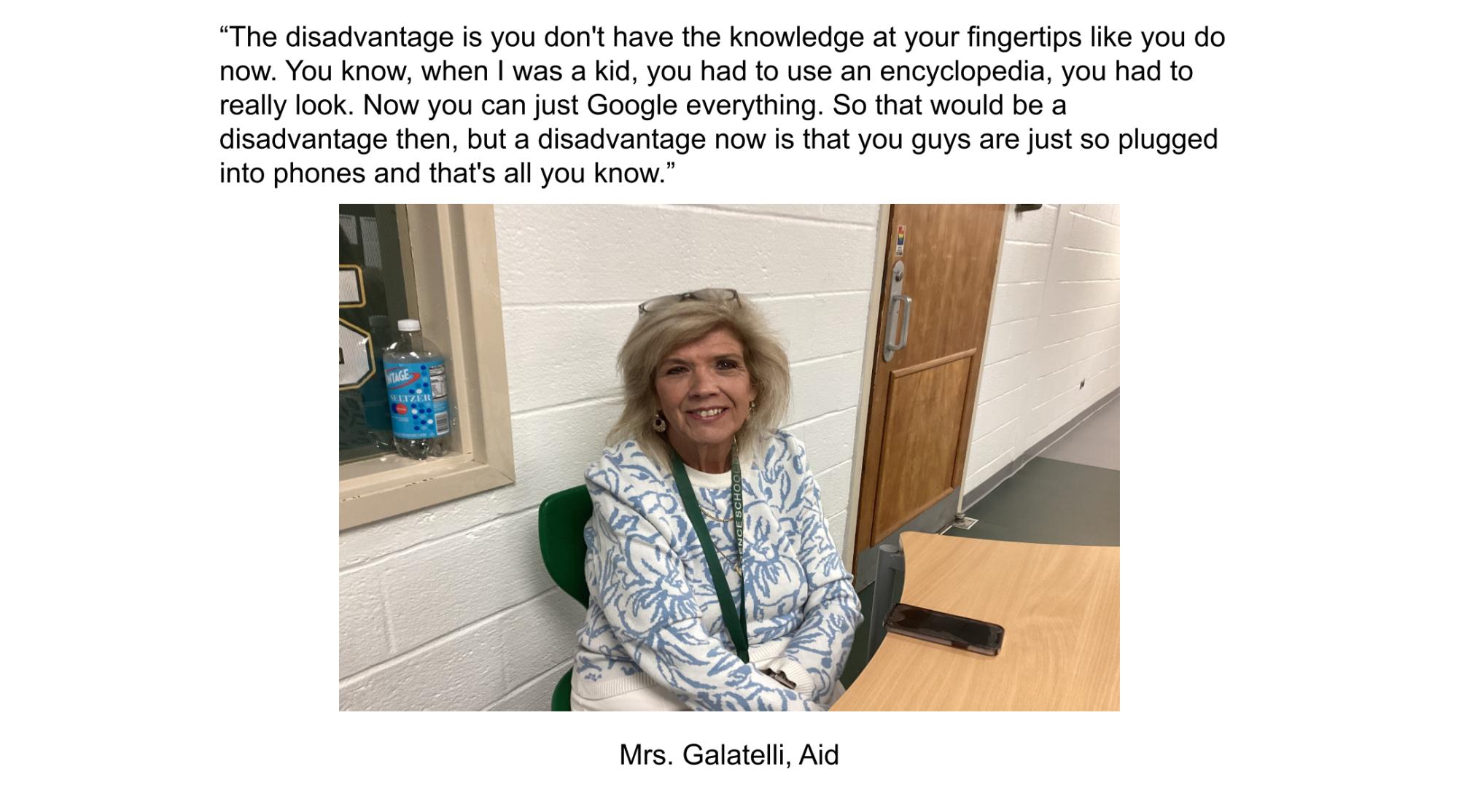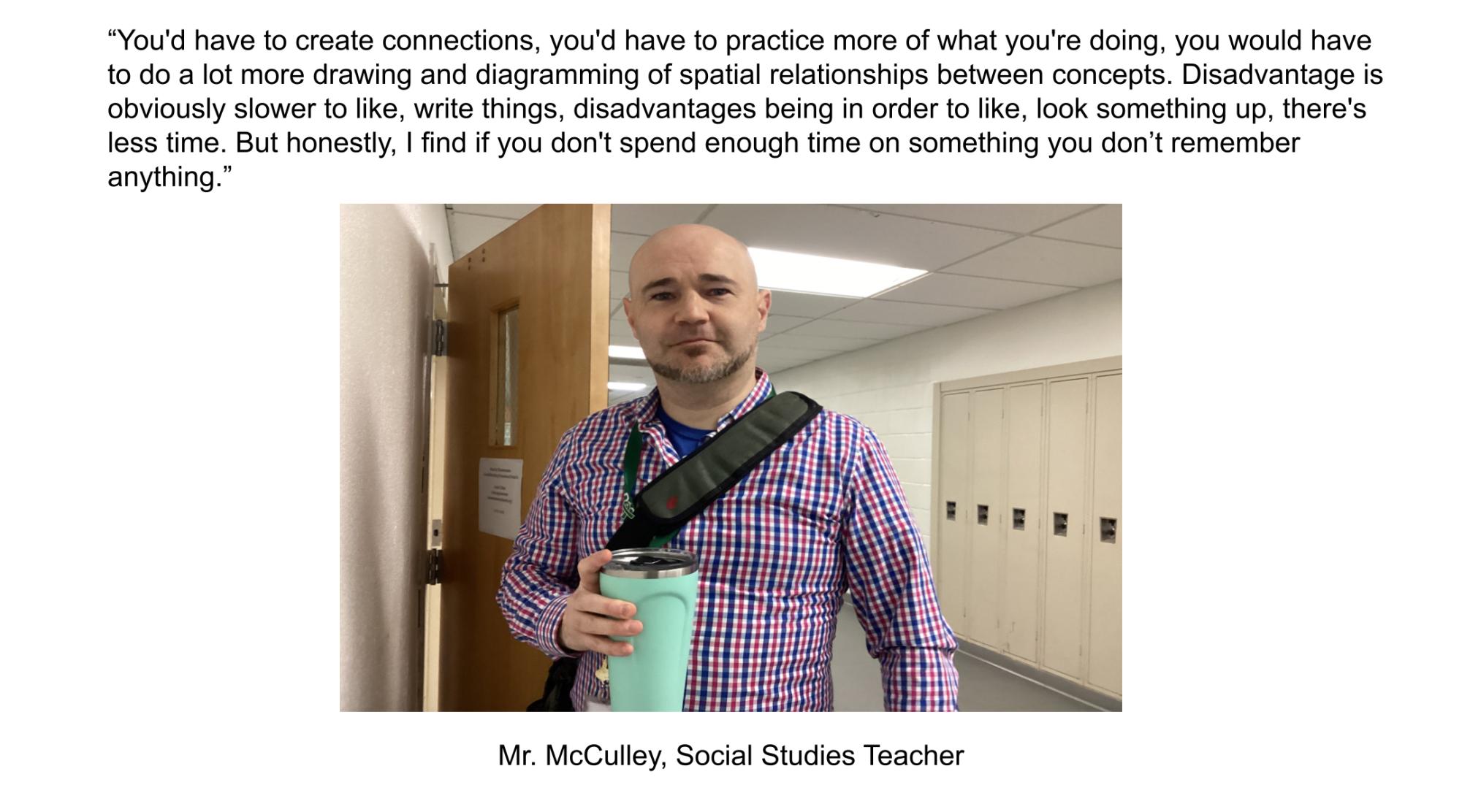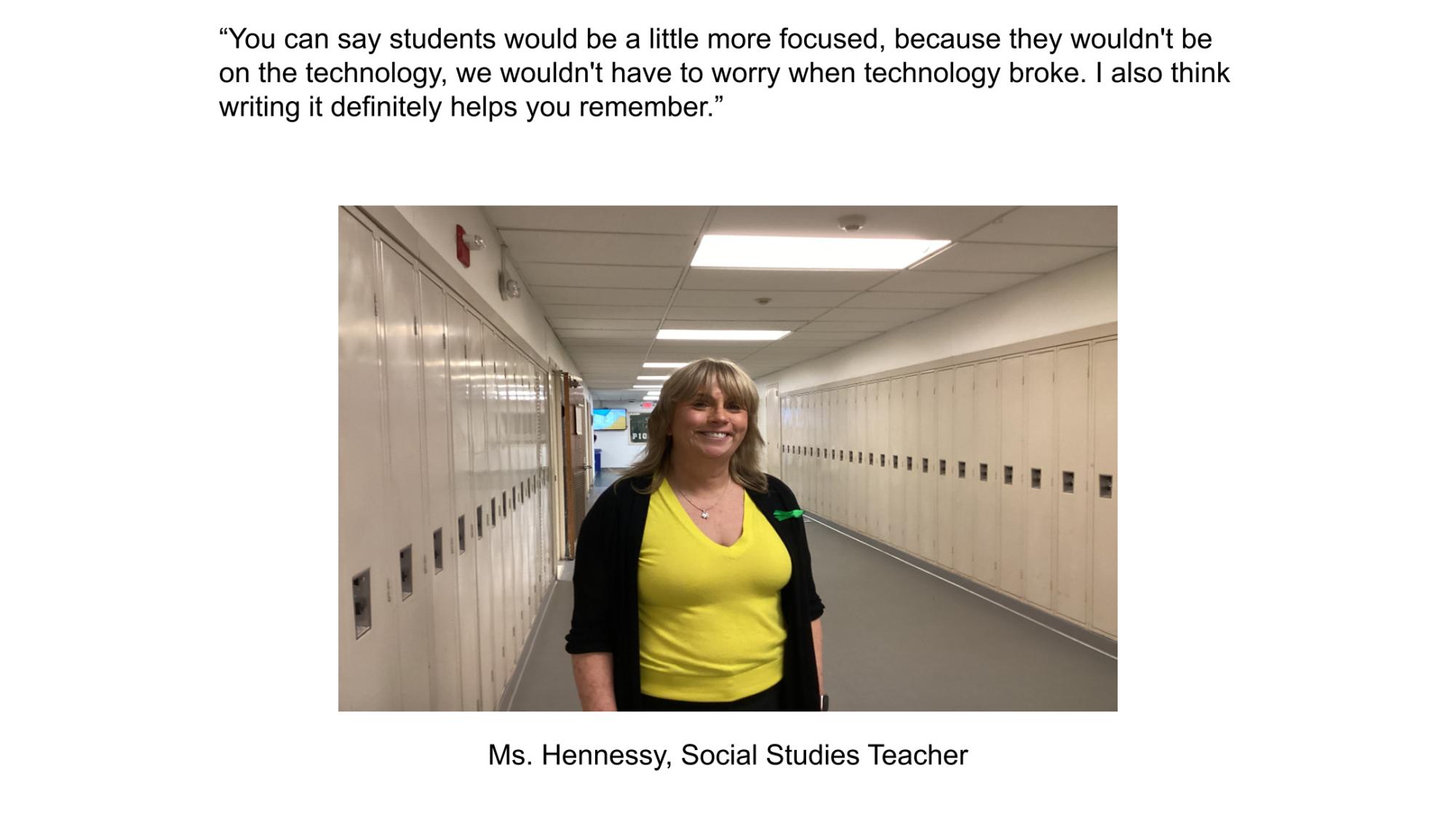Mental Health vs Grades at New Providence High School
December 14, 2022
It’s time to cast light on the main cause of mental health decline in the average high school student. Beginning in even elementary school or middle school, kids are impressed with the idea that grades depict their self worth and how successful of a student they are. Grades have become the pinnacle in students’ minds of what they need to accomplish. It is not about learning something at school anymore, it has become about the grade they receive.
The rates of depression, stress, and even suicide go up with age as kids graduate higher in the school system. According to a 2019 report by the Pew Research Center: “70 percent of 13- to 17-year-olds surveyed believe anxiety and depression to be a major problem among their peers, and this same group—many of whom are now the students in our college classrooms—identifies the pressure to get good grades as the most significant factor leading to these mental health issues…88 percent said they feel either “a lot” or “some” pressure about grades.”
Almost all high school and college students experience some negative effects from school and grades by constantly comparing their self worth to the letter they receive on a paper or the score on their projects and tests.
In New Providence High School, a lot of kids experience this same problem. Out of 60 kids in New Providence High School surveyed, 44 admitted to basing their self worth off of their grades. That is about 73% of the students asked.
Senior Reese Marzynski was willing to offer some of her own experience with struggling from mental health based off of her grades.
She said: “Grades affect my mental health to a very strong degree because grades are one of the things I value most. I do not like failure which is what drives this mindset of mine”.
Marzynski says that grades are probably about 50% of her self worth. She says it has gotten worse as she gets older.
Sarah Vergura is another senior at NPHS that was also willing to open up about her struggle with her mental health from her grade.
“I value my grades immensely because I work hard studying and doing my work and find it very rewarding when I do well,” she said.
There’s a common thread between the reward of putting in the hard work and succeeding, but the reward might not be worth the mental health decline and the costs to get there. Vergura and Marzynksi both admitted that they have held themselves to such a high standard for so long that when their work doesn’t reflect that, it feels like a personal failure. To some other students, mental health is pushed aside, or not acknowledged at all, because of the good grades that come out of this struggle.
Marzynski and Vergura were students willing to voice their opinions on their mental health corresponding to school, but they are far from alone.
Students need to start being more open about this problem in the school system in order to open a dialogue about the way grades affect them and what the school can do to help. Their mental health cannot improve unless there is less emphasis on the letter grades, so that kids can accept their own effort as enough.

















